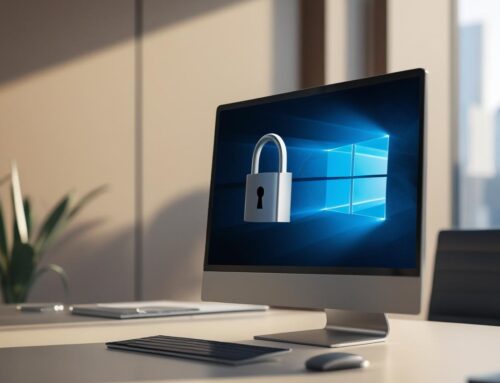With more than two years of a pandemic behind us, many law firms — and many other businesses, for that matter — had expected to be back to the office more fully by now. The latest variant of COVID-19 changed those plans. Now, law firms are facing the fact that they must be prepared to be flexible for the foreseeable future. Indeed, the latest geopolitical disruptions in Eastern Europe demonstrate just how deeply uncertain our world remains. In the face of myriad challenges, how can law firm administrators and IT professionals remain nimble? Let’s briefly look at key aspects of accessibility, hardware, software, and data security that will help law firms maintain continual operation in the new reality.
Accessibility
As we learned early in the pandemic, legal professionals can’t work if they can’t access their work. Once the infrastructure was put into place allowing your firm to work from anywhere, concerns about cybersecurity likely began to arise. Ensuring accessibility while maintaining security is a constant battle. Implementing company-wide password policies, enforcing multi-factor authentication and closing down access to rarely used services are low-hanging fruit.
Hardware
Many firms have discovered that with remote work, they can jettison the cost of office space. Additional savings may be realized by doing the same with older desktop devices. Offloading computing power and storage to cloud-based systems can reduce the number of workstations waiting for patching and upgrades. A single outdated machine can provide the point of entry to your entire network. Thin clients can provide the necessary access without the devotion to real estate standard workstations require. Backups are of critical importance as well.
Begin planning your firm’s next hardware purchases now. With ongoing supply-chain disruptions, giving yourself or your vendor manager the time to source the most cost-effective options for your technology upgrades can result in big savings.
Software
Look for integrated solutions rather than piecing together tools from a variety of vendors. iManage, for example, offers file-sharing. So, there is no need for a third-party provider (like Dropbox) to provide that service. Engage a managed service provider who can take over vendor management or recommend legal-specific solutions to replace consumer-grade tools. Sharing and learning from colleagues and legal technology experts is of great value when planning your next software investment.
Cybersecurity
Your clients’ information is an attractive target for cybercriminals. The struggle between providing access to authorized individuals and blocking access by malicious or unintended actors returns. Layered cybersecurity defenses — what we call “defense-in-depth” — are necessary. But once set, they cannot be forgotten. Defenses must be reviewed regularly and updated. If your firm got out of the habit of regularly applying updates during the transition to working remotely, getting back into a regular rhythm should be your first move.
The shift to remote work has created new vulnerabilities and increased the number of targets for cybercriminals. Law firms will continue to adapt to the changing landscape. The most effective means of defending your organization is by training your users to be cybersecurity aware in all their dealings. This can mean relying on older technology — like making a phone call — to confirm the request for funds or confidential information comes from a valid source. Thoughtful, aware legal professionals are cyber-secure legal professionals.
Much of the above may seem intimidating to smaller firms or newer legal professionals. This need not be the case, however. Networking with colleagues and reaching out to legal technology experts can help alleviate some of the worry and clear your path. Managed service providers with long experience in the legal sector are available to help you overcome particular technology challenges or provide long-term partnerships that considerably reduce your time investment in IT.
If you’d like to discuss your firm’s cybersecurity preparedness, contact an Innovative Account Executive at 1-800-541-0450 or [email protected].



